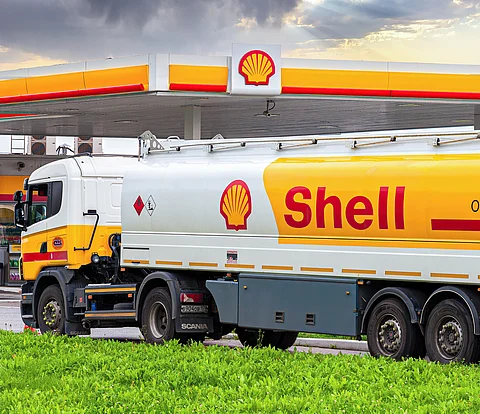

Climate group Friends of the Earth Netherlands (FOE) is set to escalate its legal battle against British multinational oil and gas company Shell to the Netherlands’ Supreme Court. The environmental group is demanding a clearly defined carbon reduction target for the company and its products, arguing that without such a mandate, Shell will not take meaningful action to curb emissions.
On November 12, 2024, the Hague Court of Appeal, in the appeal of the Milieudefensie et al. vs. Royal Dutch Shell, ruled that Shell holds a “special responsibility” as a major oil and gas producer to reduce its greenhouse gas emissions. However, the court determined that Shell does not have an “absolute reduction” obligation of 45 per cent or any other specific percentage. Furthermore, under current EU law, Shell is not expected to have such an obligation in the foreseeable future.
This ruling was made in response to Shell’s appeal against a 26 May 2021 decision by the District Court of The Hague. The District Court had ordered Shell to cut its global greenhouse gas emissions by 45 per cent by the end of 2030, compared to 2019 levels. FOE argues that without a concrete legal obligation, Shell will not be compelled to take decisive action to address climate change.
The Supreme Court will not reassess the facts and evidence presented in the lower courts but will examine whether the Court of Appeal correctly applied the law and whether its ruling was reasonable.
FOE has stated that it has a strong case and has outlined three main reasons why the Supreme Court should mandate a specific emissions reduction target for Shell.
The first reason would be the need for effective legal protection. The Court of Appeal acknowledged that Shell must reduce its emissions but failed to set a clear target. FOE argued that without a specific, measurable minimum reduction percentage, there is no effective legal protection against climate change. “Under the right to effective measures to protect human rights, the Appeal Court should have set a specific, measurable minimum reduction percentage,” the organisation stated.
The second reason put forward by FOE is the limitation of climate science consensus. FOE contended that the court should not rely solely on scientific consensus when determining Shell’s emissions reduction target. The group argued that waiting for unanimous scientific agreement on a precise percentage would make it impossible to set a target. The Court of Appeal, FOE claimed, used a “narrow standard of scientific consensus,” which limits legal action.
The third reason being that specific reduction targets are effective. The environmental group asserted that setting a concrete reduction target would be an effective mechanism for holding Shell accountable. Rather than focusing on potential challenges in meeting targets, the court should consider how a specific obligation would drive corporate action and responsibility.
FOE insisted that minimal emission reductions are insufficient and that Shell should at least match the global reduction requirement of 45 per cent by 2030. The group maintained that judicial intervention is essential to ensuring that all companies contribute fairly to combating climate change.
The Supreme Court's decision in this case could set a significant precedent for corporate climate accountability in the Netherlands and beyond.